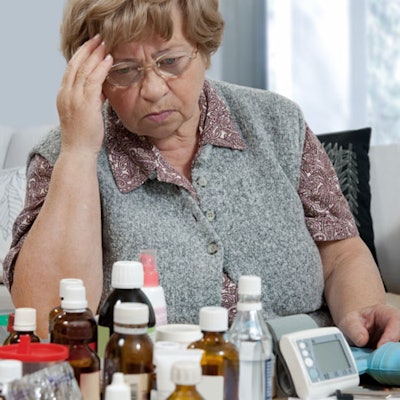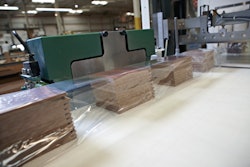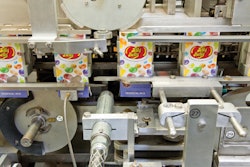
An August 3 USA Today article reported, “More than three out of four voters are confident that prescription drugs made in the U.S.A. are free from contamination, while fewer than one in 10 feel confident about medications made in India or China, according to a poll released today by the Pew Charitable Trust's Prescription Project.”
In the next sentence, the article pointed out that “an estimated 80 percent of the substances used to make or package drugs sold here are made in other countries, says Allan Coukell, a pharmacist who directs the medical safety portfolio for the Pew Health Group.”
For years we’ve read, heard, or seen media reports related to contaminated, counterfeit, or diverted drugs from Asia, Latin America, and other global locations, but concerns are growing for drugs made in the U.S.
“Recalls of prescription and over-the-counter drugs are surging, raising questions about the quality of drug manufacturing in the United States,” said CNNMoney.com’s August 16 article, “Drug recalls surge.” The story noted, “The Food and Drug Administration reported more than 1,742 recalls last year, skyrocketing from 426 in 2008, according to the Gold Sheet, a trade publication on drug quality that analyzes FDA data.”
Given the quality standards and Good Manufacturing Practices for pharmaceutical manufacturing and packaging processes, it’s especially disturbing to read in the CNNMoney story that “the quality of raw materials, faulty labeling and packaging and contamination” are “some of the biggest culprits.”
I can’t imagine a more glaring example than the ongoing McNeil Consumer Healthcare product recalls, in which wooden pallet issues were identified as a source of the problem. But drug manufacturers shouldn’t get all the blame. CNNMoney reported, “Repackagers that relabel drugs into smaller units for resale or distribution to healthcare facilities have also had serious lapses.” The story noted that Advantage Dose issued more than 1,000 recalls last year.
Are there trends regarding drug recalls? Not according to Elaine Gansz Bobo, and FDA spokeswoman quoted in the CNNMoney story as saying, “Since every recall situation is unique, it would be difficult to assess whether there are any trends or increases in recalls this year.”
A similar statement came from Eric F. Greenberg, the Chicago-based attorney-at-law who serves as legal columnist for Healthcare Packaging and Packaging World. He said, "It will take time and further analysis to determine what are the causes of the upswing. Drug packagers and others should take the trend as a reminder of the integral nature of drug manufacturing, encompassing drug, packaging, and labeling functions."
The pharmaceutical industry may contend that it is presently encountering excess scrutiny and regulatory pressures. But the ongoing spotlight on drug recalls, coupled with ongoing global counterfeiting and diversion, are leading to an erosion of the public’s trust of pharmaceuticals. I
n the preface of his book, “Pharmaplasia,” retired pharmaceutical industry veteran Michael G. Wokasch wrote, “I was not interested in writing an expose of industry wrongdoing. However, I am frustrated by the inexcusable mistakes, poor decisions, and shortsighted thinking that have compromised the public’s trust in the industry and tarnished its reputation.”
























